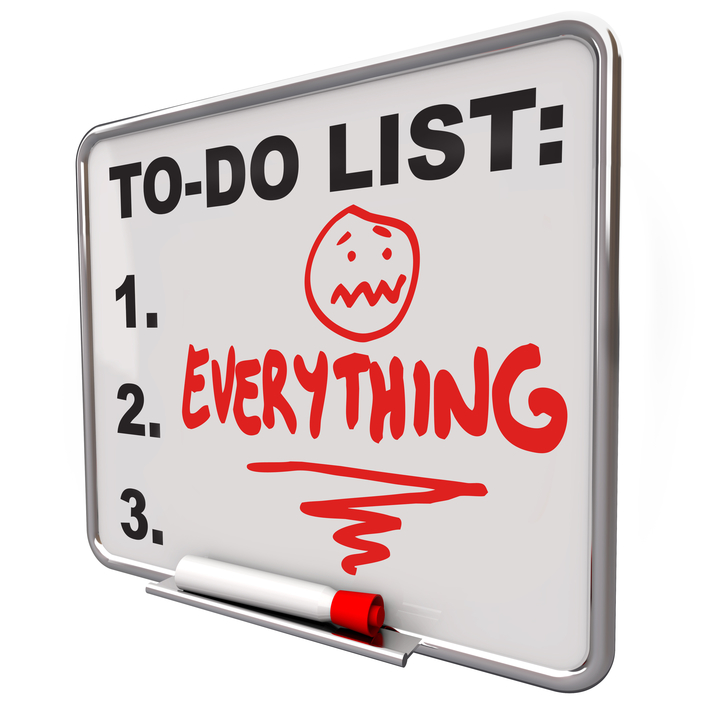Most of the overwhelm that we feel at work, at home, and in our relationships derives from one issue: information overload.
Whether in the form of raw data, written reports, or verbal dialogue, both the creation and compounding of information outpace our ability to absorb and sift through it.
Often times, the information itself is far less overwhelming than the decision-making required to identify what to keep and what to throw out.
Think about the last time you had to make a tough decision at your job or with your family.
Did you consider alternative options and strategies? Did you consult with various stakeholders, whether they be colleagues or siblings? Did you wonder about the input you’re missing, and how you must make a decision with imperfect information?
I’m sure that, for most of you, you answered yes to these questions.
With so many options, people, and information asymmetries, it’s far too common to face decision overwhelm that results from information overwhelm.
And yes, you read the last question correctly – even with our current information overload, we STILL can’t fully appreciate how much other information we’re missing out on. You don’t know what you don’t know, right?
Which leads us to the next question: What DO we give our attention to?
Well, that’s simple. Give attention to what’s important.
However, I recommend coming to this conclusion by first eliminating what ISN’T important.
When you clearly define what isn’t important for your decision-making needs, you won’t let irrelevant information overwhelm you. You will give proper time and attention to the RIGHT information that will add the most value to your end objective. Sure, you still won’t have ALL the right information, since information will never be perfect, but you’ll have more than enough to make an effective and confident decision.
When you say yes to one thing, you automatically say NO to 10 other things because you have to dedicate time and effort to the thing you said “yes” to. Conversely, when you say NO to something, you get closer to freeing up your time to pursue something better. It’s absolutely detrimental if you say yes to the wrong thing, and it’s imperative to say NO to many things to focus on the right thing.
Which is precisely why you need to focus primarily on eliminating what isn’t important. You will be less likely to say yes to the wrong thing (since you’re not saying “yes” at this stage), and you are actively saying NO to what’s irrelevant so you can focus on the relevant.
Once you figure out what’s not important, you’ll shortly figure out what is … by process of elimination.
And as you refine your technique, you can more quickly dispose of bad information and pinpoint the good information. With more practice, you will be able to skim through and immediately locate the pertinent information, without need for shuffling meticulously through the impertinent.
No more information overload. And with better, more manageable information, your consequent decision-making will improve. Not only because of the better information, but because you already completed the toughest part of decision-making: prioritizing your informational input. And with this input, your output is that much easier to decipher. No more decision-making overload either. Information and decision-making are directly related – overload in one indicates overload in the other. Do ALL that you can to mitigate this overload and better focus your efforts.
What will you do today to sharpen your information inputs and your decision outputs?


